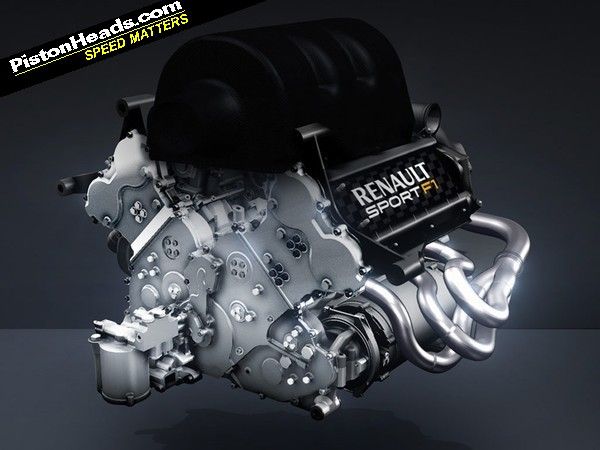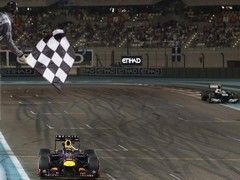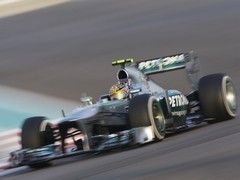No predictability in 2014 F1
Complexity of new V6s will shake up F1 pack like nothing else, former engine guys tell PH

The complexity of the 1.6-litre V6 turbos with their twin energy recovery systems is causing a lot of anxiety within teams, and how well they deal with them will be key in dictating rankings. "It's going to be a big fight," says Christophe Mary, former engine developer at Mercedes and before that Ferrari. "At the beginning it's going to be the one with the best reliability, after 2-3 years it'll be the one with the most efficiency."
Mary is the guy who along with former Renault F1 engine developer Julien Lidsky were poached by Peugeot's Le Mans team just before the 908 programme got canned last year, and ended up creating a hybrid supermini.
Although out of the F1 game, both keep up to speed as to what's happening from former colleagues. "F1 next-gen is crazy next year, a kind of a nightmare," was Lidsky's summing up.
Here's one source of the complication: as well as the addition of the turbos, the new engines make 160hp from their power via an electric motor, up from around 80hp now. That's a significant loss if KERS should fail.
On the current system electricity is generated kinetically by the braking (hence the name Kinetic Energy Recovery Systems) but next year that'll be supplemented by another generator converting energy from exhaust gas heat.
Teams are having to figure out how to cool all this without creating a load of drag. "That's probably the thing that, I imagine, has most people up and down the pit lane scratching their heads," Caterham's technical director Mark Smith told the official F1 website earlier this year.
Stretching the brain cells further is making sure it all works together. "The interdependency between the different parts of the car is far greater on the 2014 car than today," said Toro Rosso's technical director James Key in the same interview.
The teams are also only allowed to use five engines next year, down from the current eight, and there's also a 100kg fuel limit, compared to no limit right now (most teams run with 160kg).
Along with the other regulations such as no aerodynamic benefit from exhaust gas flow from the single tailpipe, eight speed gearboxes up from seven, and tighter weight restrictions, it'll fascinating to see who manages to interpret this most cleverly and, more importantly reliably.
You can hear these fascinating new engines in action here from Mercedes and here from Renault. Cue loads of debate whether that breathy sound can ever match a naturally aspirated V8 or V10, but whatever you think of it, the power unit will play much a much bigger role than in today's tyre and aero-dependent racing, according to Key. Even if that role ends up being to dump front-runners onto the grass in a smoking heap.
[F1 pics: LAT Photographic]
Gassing Station | Formula 1 | Top of Page | What's New | My Stuff






